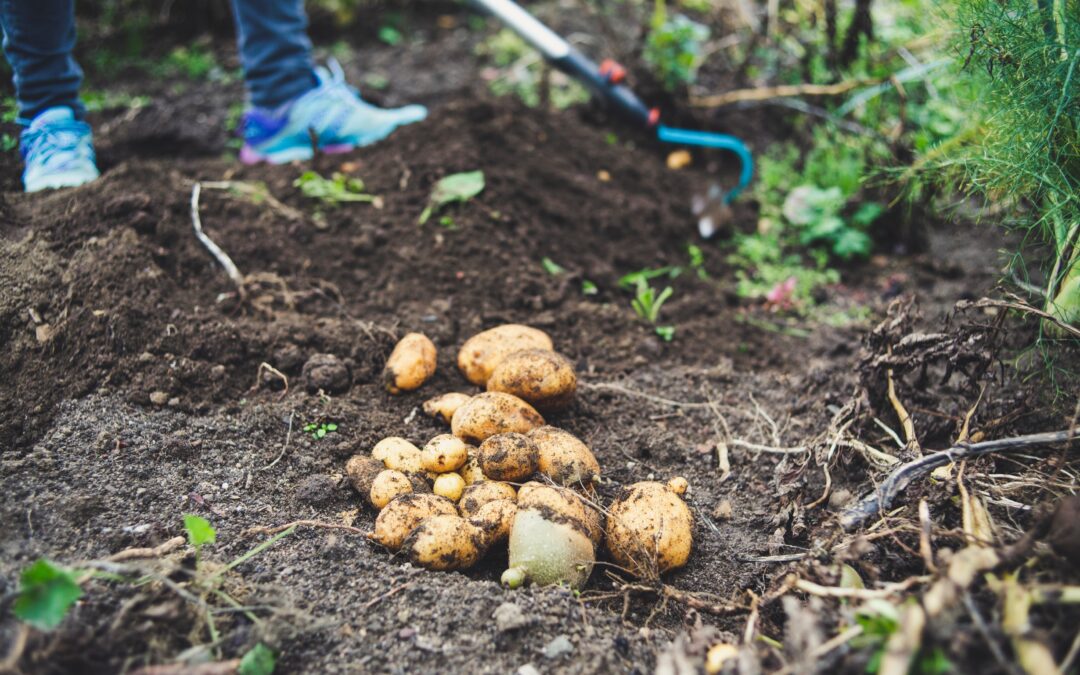Almost half of Poland’s potato fields may be unregistered, “indicating a growing potato underground” of unregulated sales on the grey market, reports financial news website Money.pl.
Potatoes are grown across 322,000 hectares of fields in Poland, according to estimates by Wojciech Nowacki, a researcher at the Department of Potato Agronomy at the Institute of Plant Breeding and Acclimatisation.
However, official data show much lower figures. The recently completed national agriculture census found that there were only 230,000 hectares of potato fields in Poland. Meanwhile, the state Agency for Restructuring and Modernisation of Farming (ARiMR) only has 186,000 hectares registered in its databases.
“Potato cultivation is moving into the grey sector, where it is not registered and checked by the authorities” writes Money.pl. Growers may be seeking to avoid official checks that, amongst others, control for bacteria.
“These potatoes must go somewhere,” an anonymous expert told the website. “Most likely they are traded at markets and exchanges.” If farmers sell their products directly to consumers, they can avoid the requirements for registering and labelling the origin of the produce, he notes.
In recent years, the disease-causing Clavibacter sepedonicus bacteria has become widespread in Poland, damaging the country’s domestic potato industry and reducing exports. A scheme was created in 2018 to fight the spread of the bacteria, but it has not yet been rolled out.
This has made “exports practically impossible”, writes Money.pl. “In other countries, at most a few outbreaks of potato bacteria are detected each year; in Poland there are a few hundred cases.”
To compensate for producers avoiding official controls, the state plant inspectorate has ramped up checks in restaurants. The organisation requires that information is provided about the source of potatoes – either on the packaging or in relevant commercial documents attesting to them meeting sales standards.
The only other explanation for the discrepancy in statistics, notes Money.pl, would be a growing number of large, specialised farms which have higher yields per hectare. Thus, the cultivated area in Poland may actually be smaller than it seems because there are more big, efficient farms.
Main image credit: Markus Spiske on Unsplash

Maria Wilczek is deputy editor of Notes from Poland. She is a regular writer for The Times, The Economist and Al Jazeera English, and has also featured in Foreign Policy, Politico Europe, The Spectator and Gazeta Wyborcza.




















